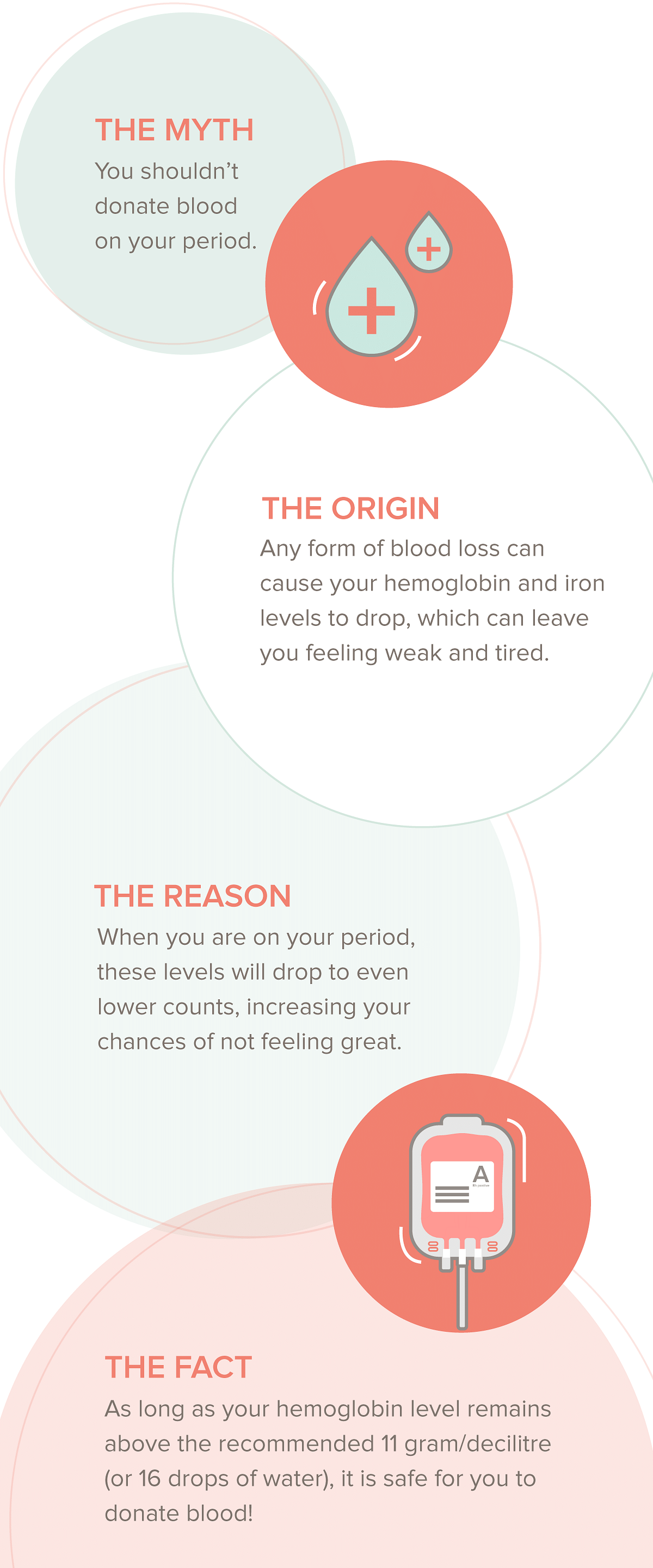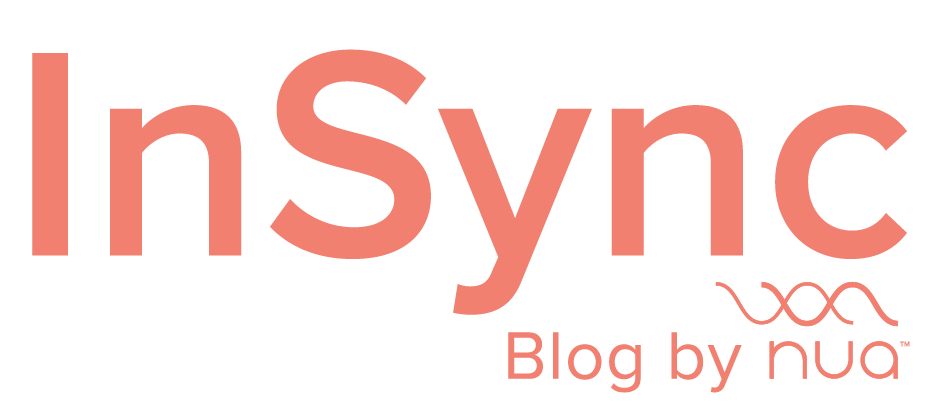During menstruation, your body loses blood for three to five days, so the idea that you shouldn’t donate blood while you are on your period seems to come from a rational place. Except, this is simply not true! On World Blood Donor Day, let’s break this age-old myth!

Blood donation drives and hospitals always have juice-boxes and foods rich in sugar ready for your consumption right after you donate blood. They increase insulin in the body, which helps stimulate blood sugar levels to its regular reading quicker. When this happens, your energy is restored.
Donating blood is a systematic process. Doctors and nurses only take a certain amount, which means that you usually won’t feel as light-headed or dizzy after. Even so, it is always wise to let your doctor and nurse know that you are menstruating. If the donation isn’t urgent, they may ask you to return and donate on another day, just to be cautious.
There are also some things you can do before and after donating blood – avoid eating fatty foods before, include more iron-rich foods after, and hydrate well throughout.
Through ‘Debunking Myths’, we acknowledge period myths and expose them with verified facts. Let’s debunk more period myths here.
Source: First Post









